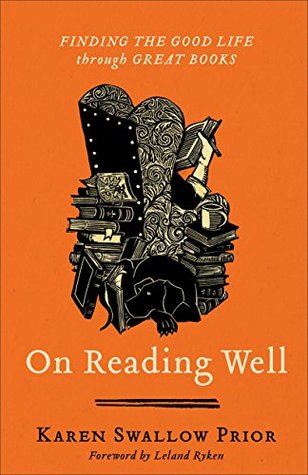More on this book
Community
Kindle Notes & Highlights
Read between
September 5 - September 6, 2025
The attentiveness necessary for deep reading (the kind of reading we practice in reading literary works as opposed to skimming news stories or reading instructions) requires patience.
Reading well is, well, simple (if not easy). It just takes time and attention.
Practice makes perfect, but pleasure makes practice more likely, so read something enjoyable.
The cardinal virtues, the subject of part 1, constitute the most agreed-upon grouping across Greek and early Christian thought. These virtues are prudence, temperance, justice, and courage. They are called cardinal virtues because cardinal originally meant “hinge” or “pivot.”
The theological virtues—faith, hope, and love—are drawn directly from the Bible.
In part 3 we consider what are called the heavenly virtues. There are seven of these (a number of special significance in the Christian tradition, one that symbolizes perfection or completion). These heavenly virtues are charity and temperance (discussed in previous sections of the book), chastity, diligence, patience, kindness, and humility.
No matter what, adhering to rules is much easier than exercising wisdom.
When we are born into a community, we are shaped by that community’s past as much as its present.
But the purpose in reading this novel—or any novel—is not to find definitive answers about the characters. It is rather to ask definitive questions about ourselves.
diligent approach to reading means one thing for the seminary student, another for the man with heavy work responsibilities and five children at home. For the former, diligence in reading might mean reading two books a week; for the latter, a few pages a night.


